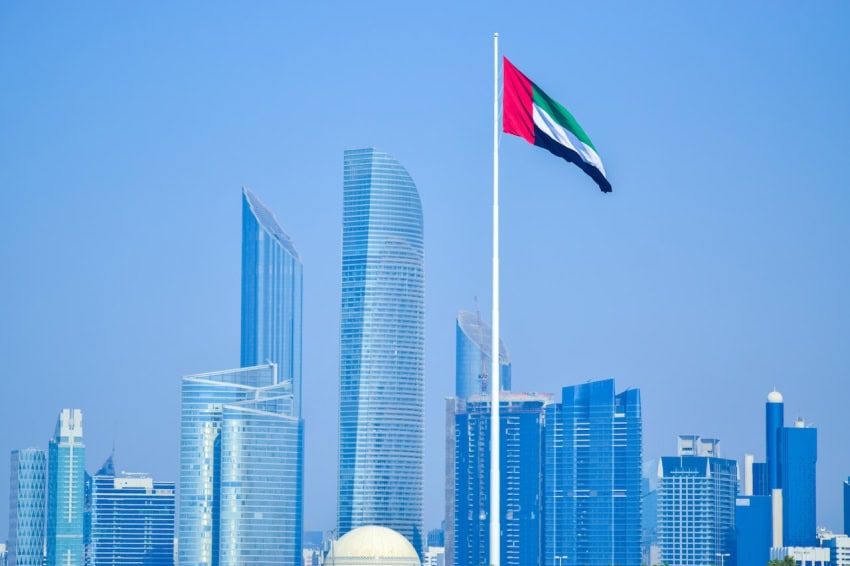DUBAI – United Arab Emirates’ Minister of Economy, Abdullah bin Touq Al Marri has revealed that the recently approved unified visa, more referred to as Schengen style visa for Gulf countries, is set to be introduced early next year.
The visa, which is poised to bring revolution to traveling at least for Gulf states, was approved during a meeting of GCC ministers in Muscat and is expected to be rolled out in 2024 or 25, depending on the finalization of rules governing it.
Under the visa, tourists can explore the six-member Gulf bloc – the UAE, Saudi Arabia, Bahrain, Qatar, Oman, and Kuwait with a single visa.
According to the minister, the subsequent phase will involve an examination by GCC governments of a unified tourist route connecting all six nations. This route will be designated for foreign tourists with stays exceeding 30 days. Meanwhile, the Emirates Tourism Council in the UAE is actively working on preparations for a dedicated tourism route linking all seven emirates which would be a big feat.
It is important to mention that as part of the Gulf Cooperation Council’s ambitious 2030 strategy, the region boasts a total of 837 tourist sites, with the UAE accounting for 399, the highest among all GCC countries.
The unified GCC tourist visa initiative aligns with the Gulf Cooperation Council’s 2030 strategy aimed at augmenting the tourism sector’s contribution to the gross domestic product (GDP). The plan includes boosting inter-city flights and increasing the number of hotel guests across all GCC nations, Khaleej Times reported.
Travel experts opine that the Schengen-style tourist visa will be a game-changer, not only for the sector but also for the overall economies of the GCC countries, fostering a wealth of job opportunities for both citizens and residents.
It bears mentioning that the original Schengen zone – on whose pattern the GCC countries are promulgating visa regime – was created in 1985 and allows people and goods to travel freely, usually without showing travel or customs documents. This creates opportunities for tourism-related revenue for the countries and offers virtually no hurdle for travelers.














